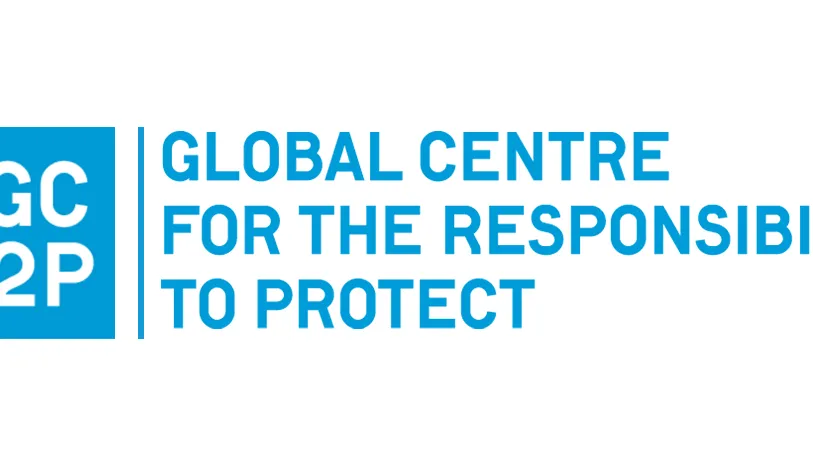Submission to the Office of the Special Rapporteur on the Situation of Human Rights in Myanmar
29 April 2022

In response to a call for input by the Office of the Special Rapporteur on the Situation of Human Rights in Myanmar (Burma), the Global Centre for the Responsibility to Protect provided analysis on the impact of the 1 February 2021 coup on the human rights of children in Myanmar through the lens of mass atrocity risks, atrocity prevention, and the international norm of the Responsibility to Protect (R2P).
GCR2P’S ANALYSIS OF THE CURRENT SITUATION
Since the 1 February 2021 coup, Myanmar’s military – the Tatmadaw – has not spared children in its ongoing violent campaign against peaceful protesters and armed resistance. Violations against children include killings, sexual violence, use of children as human shields, and the use of child soldiers. Children have also suffered as a consequence of scorched earth campaigns, forced displacement, destruction of civilian infrastructure, and lost access to medical care and education, among others. Many of the abuses in Myanmar constitute elements of the six grave violations against children in conflict and may also amount to war crimes and/or crimes against humanity.
The military’s ongoing commission of mass atrocity crimes has been facilitated by its continued access to weapons through arms transfers from China, Russia, and Serbia, as the Special Rapporteur comprehensively outlined in the February 2022 report “Enabling Atrocities: UN Member States’ Arms Transfers to the Myanmar Military.” Arms transfers exacerbate conflict and can facilitate the commission of atrocity crimes, including the recruitment of child soldiers and the use of human shields, both of which constitute war crimes under international law. There are reports that the Tatmadaw has forced some children to undergo training and join the military. While the Tatmadaw appears to be the main perpetrator, some ethnic armed groups are also using child soldiers.
There are also reports that the Tatmadaw has abducted, detained, and tortured children, sometimes specifically targeting children whose parents are believed to be members of the resistance as a form of retaliation. These violations may constitute war crimes and crimes against humanity.
Myanmar’s military has manifestly failed to uphold its responsibility to protect the people of Myanmar – including children – from atrocity crimes. More concerningly, the international community has also largely failed to uphold R2P in responding to the crisis in Myanmar. The UN Security Council has notably failed to impose a global arms embargo on Myanmar or sanction the country’s oil and gas sector, where the Tatmadaw receives most of its revenue.
RECOMMENDATIONS
GCR2P welcomes that the Special Rapporteur has consistently centered much of his analysis on the crisis in Myanmar around atrocity risks and the military’s commission of atrocity crimes. GCR2P encourages the Special Rapporteur to continue focusing on atrocity risks and atrocity crimes, including with regard to the human rights of children in this upcoming report. An atrocity lens best conveys the severity and urgency of the crisis, which in turn can push international actors to take more effective action. An atrocity lens also has the most potential to hold the Tatmadaw accountable for its commission of the gravest international crimes.
GCR2P also welcomes that the Special Rapporteur has often invoked the Responsibility to Protect in urging the international community to take more substantial action to respond to the crisis in Myanmar. GCR2P encourages the Special Rapporteur to continue invoking R2P – including in this upcoming report – to push the international community to take more effective action to protect the human rights of children in Myanmar. Considering the unprecedented invocations of R2P from protesters on the ground in Myanmar, it is especially important to continue reminding states of their commitment to uphold R2P.
Announcements
21 May 2025
Open letter: Malaysia must lead ASEAN with principle, not hypocrisy, to address the Myanmar crisis

Progressive Voice is a participatory rights-based policy research and advocacy organization rooted in civil society, that maintains strong networks and relationships with grassroots organizations and community-based organizations throughout Myanmar. It acts as a bridge to the international community and international policymakers by amplifying voices from the ground, and advocating for a rights-based policy narrative.